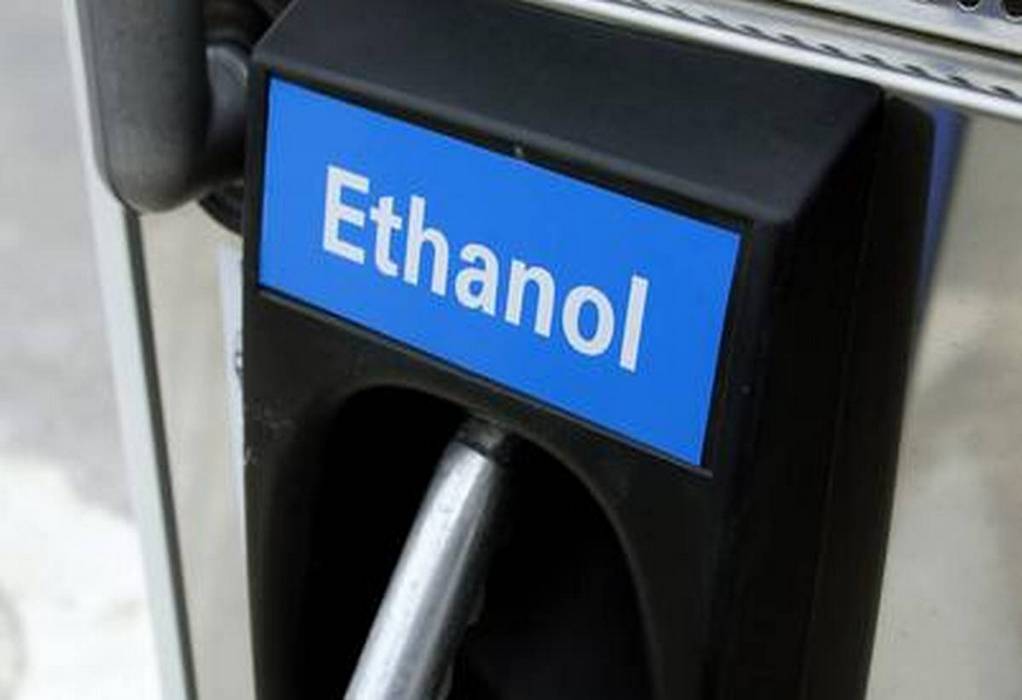RUDN University chemists have improved the catalyst for ethanol conversion. With it, a mixture of compounds with a high-octane number was obtained. This was achieved thanks to a special substrate for the activated carbon catalyst. In the future, such developments will help to obtain more environmentally friendly fuel additives and thus reduce the carbon footprint. The results are published in Fuel.
The chemists took a catalyst consisting of molybdenum, cobalt, potassium and sulfur (KCoMoS2). Such catalysts are usually enhanced with a scaffold support. RUDN University chemists compared several substrates. One consisted of alumina – aluminum oxide. The second substrate was also made of alumina, but additionally coated with carbon. Two more substrates consisted entirely of activated carbon.
Tags: Aluminum Oxide, Carbon Catalyst, Ethanol, RUDN University



Recent Posts
Chartered Speed expands its electric mobility footprint in Arunachal Pradesh
PSA International joins Global Centre For Maritime Decarbonisation as a strategic partner
MPA and NYK Group Advance Collaborative Efforts on Maritime Autonomous Surface Ship Trials
BIMCO drafts new clause to support biofuel use in time charters
Global Maritime experts attended India@Nor-Shipping – Maritime Partnership for a shared & sustainable future
India-Norway Dialogue Anchors on Sustainable Maritime Development
Sea cruise ships can now connect to shore power in Amsterdam
Corvus Energy partners with HD Hyundai Mipo for AiP on new green product tanker design.